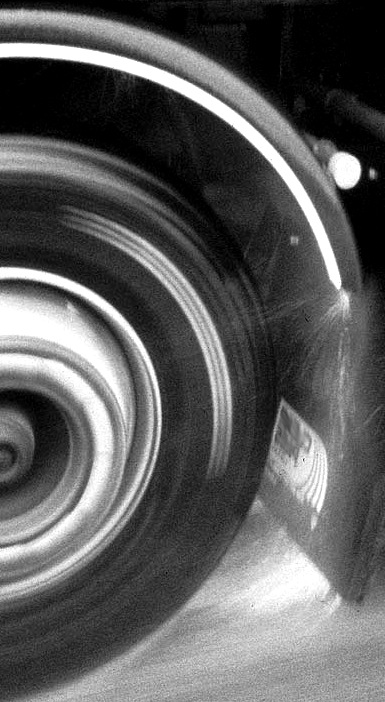Spray change cuts bristly restriction
 The transport industry could save millions by getting rid of spray suppression equipment – a mandatory series of extra guards, flaps and bristles.
The transport industry could save millions by getting rid of spray suppression equipment – a mandatory series of extra guards, flaps and bristles.
The Federal Government says it has removed regulatory red tape by repealing the requirement for spray suppression beyond normal mudguards.
Suppression gear is intended to improve visibility for drivers in wet weather by reducing the spray onto adjacent windscreen, but experts say there is no evidence that the extra equipment works.
Minister for Infrastructure and Regional Development Warren Truss said wheel arch additions are unnecessary and fail to align with state-level laws.
"In practice, these devices have been found to be ineffectual in reducing tyre spray on wet roads, but impose a significant cost on truck operators who have to fit and maintain them," Truss said.
"Research indicates the spray suppression devices provide no added safety benefit to other road users, like standard mudguards, that are already installed on all such vehicles."
Chief Executive of the Australian Trucking Association, Stuart St Clair, says the decision will align the rules for interstate registered B-doubles with the rules for B-doubles on state number plates.
“Western Australia and the Northern Territory have never required B-doubles to be fitted with spray suppression equipment,” he said.
“The requirement was removed in the other states when the Heavy Vehicle National Law started earlier this year, but until now the federal regulations have still required interstate registered B-doubles to be fitted with the equipment.
“Removing the requirement will save interstate trucking operators about $5,800 on a typical new B-double set and a further $1,640 per set per year in maintenance costs.
“The decision will not affect safety. Extensive independent research, including by the US National Highway Traffic Safety Administration (NHTSA) has shown that there is no evidence that fitting extra spray suppression equipment results in visibility improvements for drivers travelling near trucks. It's one of those technologies that works in the laboratory but doesn't appear to translate into the real world.”
“The ATA raised this issue with Deputy Prime Minister Warren Truss as part of our TruckWeek 2014 parliamentary delegation program.”
The decision is effective immediately.








 Print
Print